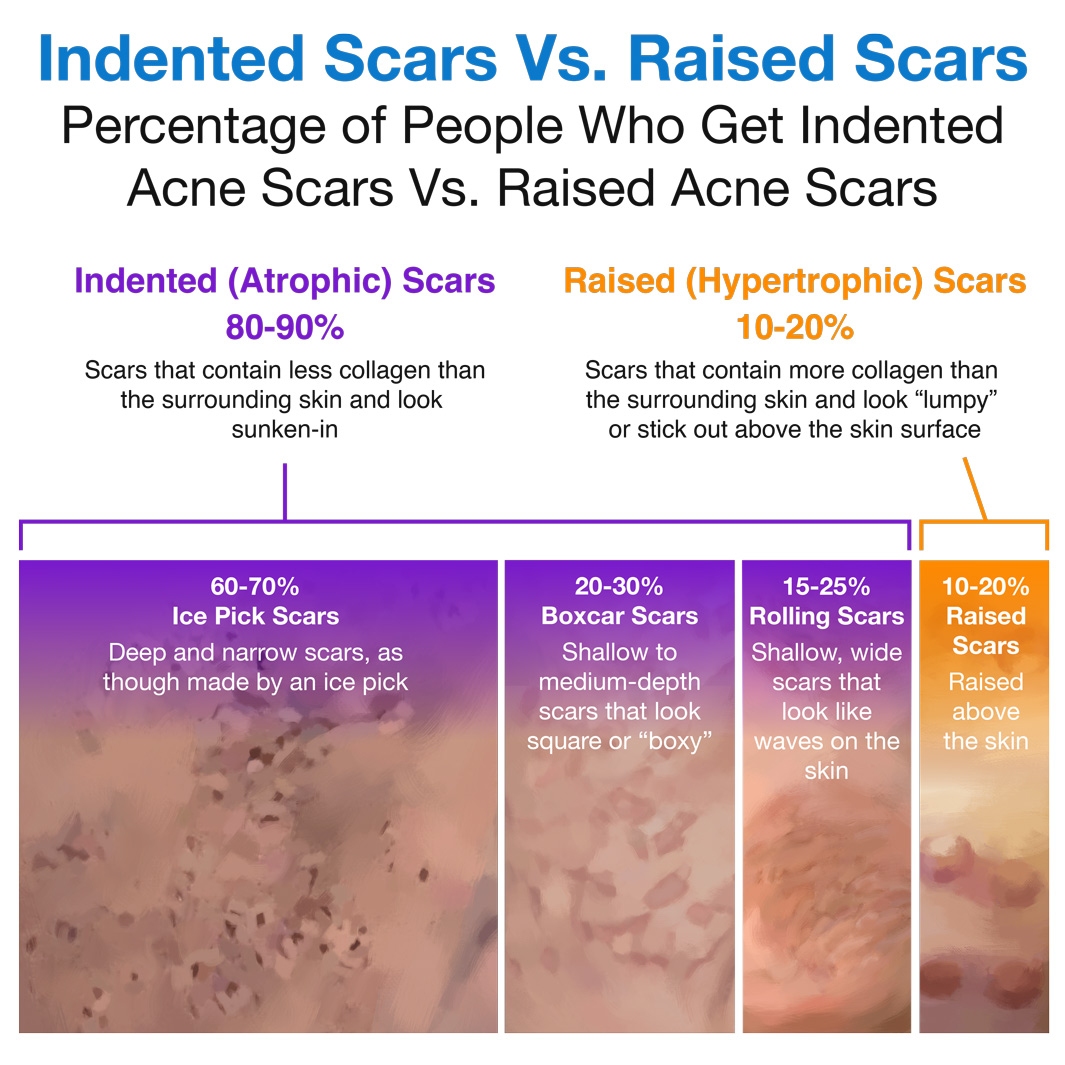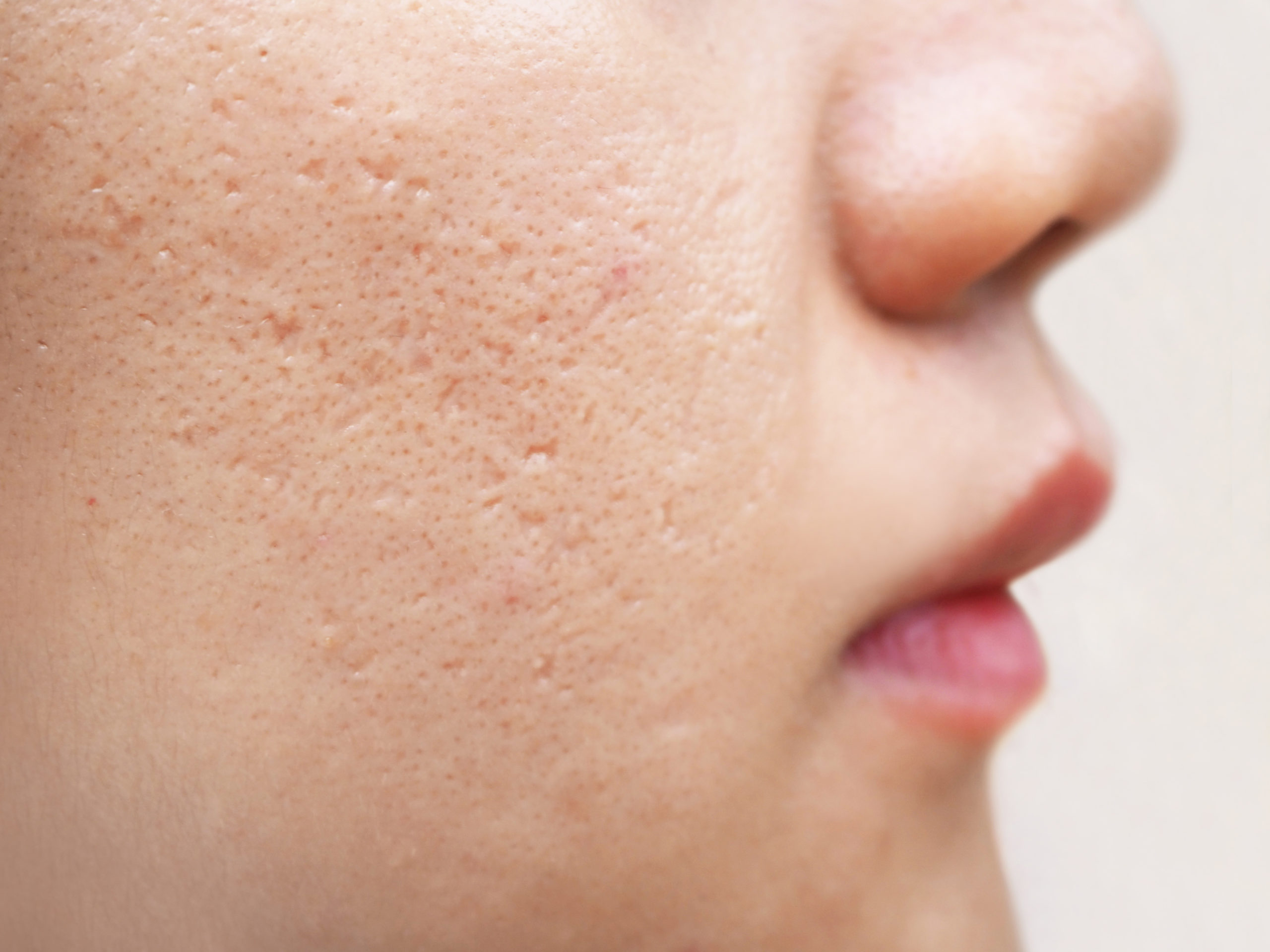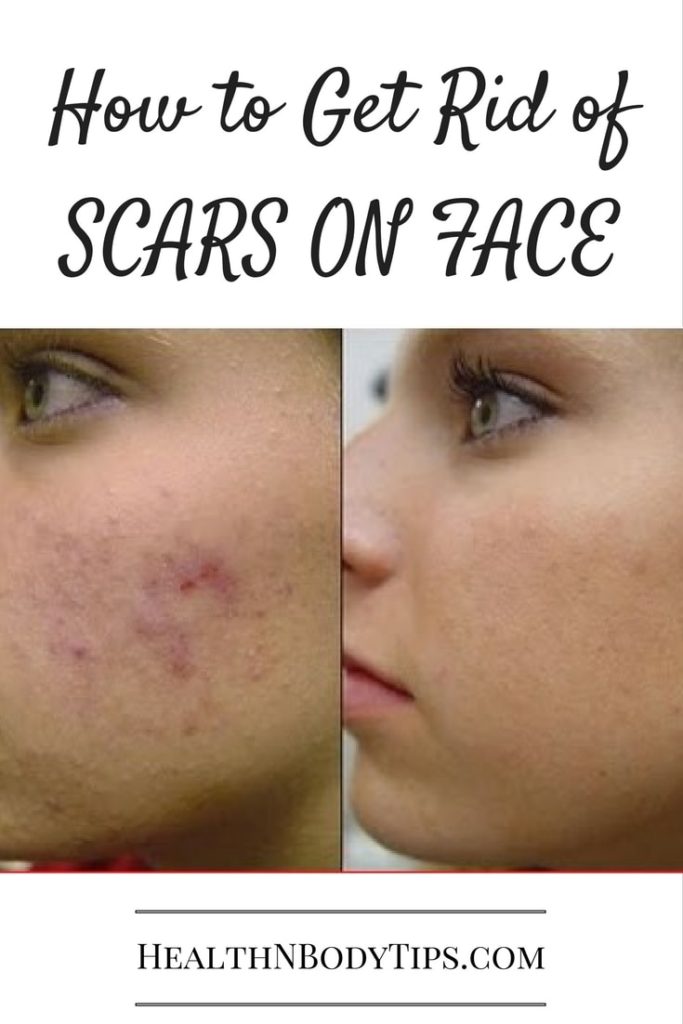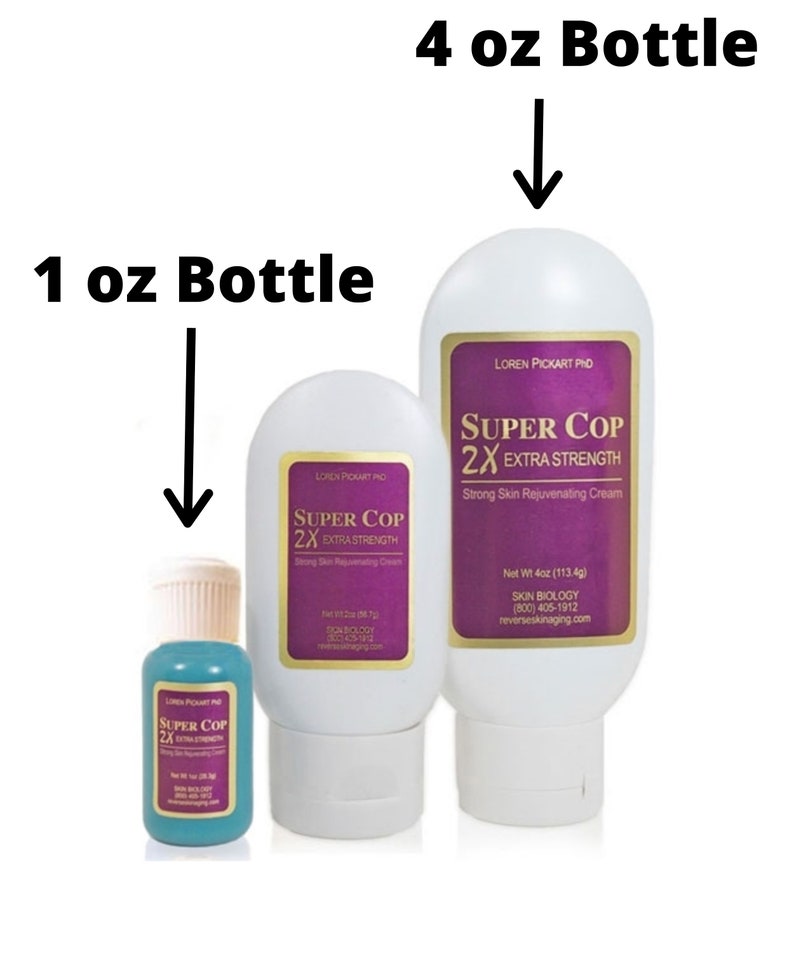Can’t-Miss Takeaways Of Info About How To Treat Indented Scars

Use a retinol product or a prescription retinoid.
How to treat indented scars. Chemical peels are similar to dermabrasion therapies, facilitating new skin growth by chemically removing the topmost layers of skin. Nearly everyone develops some type of scar, whether from an accident, a surgical procedure, acne or an illness like chickenpox (varicella). Once you leave the doctor’s office, you will need to keep the area bandaged.
Indented scarring, being more complex, often doesn’t respond well to regular skin care alone. Avoid exercises or activities that cause tension to the scar tissue. Chemical peels are a common treatment method.
Protect wounds and newly formed scars from the sun rays. Home remedies silicone sheets and gel. Other treatments may be recommended for your acne scars.
Only have stitches removed when suitable, because taking them out too early or delaying the process can interfere. Injecting collagen, fat or other substances under the skin can plump the skin over indented scars. Why they happen not all acne scars.
Most scars improve with nonsurgical treatments, like chemical peels or laser resurfacing. Yes, it’s still important to get professional treatments like chemical peels that work deeper within the skin to affect change (more on that below). Our scar experts offer all of these treatments under one roof.
Sharon wong underscores the importance of treating acne scars only after active acne has been addressed. Do not expose wounds and newly formed scars to extreme temperatures. Here’s everything you need to know about those pesky pits.
But thick, painful or itchy scars, like keloids, may need scar revision. Resist the temptation to apply topical ointment, as 8% of people are actually allergic to it — which can further inflame the area and increase the likelihood of scarring. Topical chemicals applied to the face help remove the damaged layer of skin and cause it to peel,.
Rogers suggests immediately rinsing with cool water and antibacterial soap (she likes hibiclens ). Using sunscreen can help limit the contrast between unscarred skin and a scar. Various professional treatments, including lasers, microneedling, and fillers, can be explored.
Scars affect people of all ages and genders. Some medicated creams, such as those containing azelaic acid or hydroxyl acids, might help too. Injections of botulinum toxin, or botox, also may be used around acnes scars to relax the skin, reduce puckering and improve the skin’s overall appearance.
Stick to gentle exfoliation methods, go slow, and be sure to rehydrate your skin afterwards. No scars are the same, and neither are the people we treat. Top 10 medical remedies plus natural options how scars form medical remedies natural remedies takeaway certain medical and home remedies may help.


















